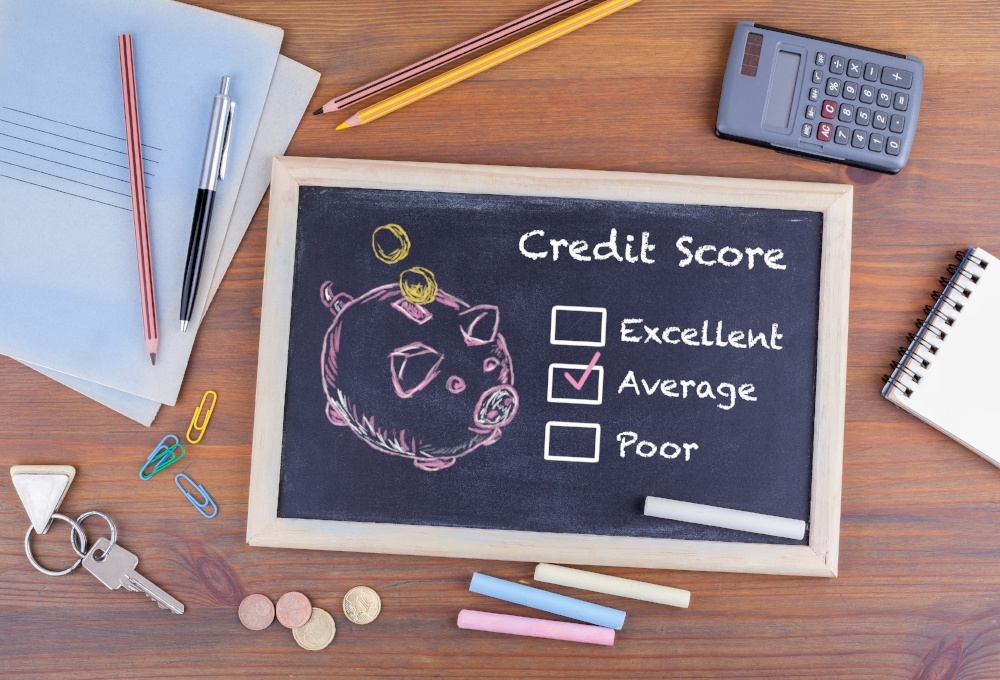Why Your Credit Score Matters When Getting an Auto Loan
When the time comes to start looking for a new or used vehicle, you will also likely be looking for a auto loan, and if you're getting a vehicle loan...
2 min read
![]() First Alliance Credit Union
:
Jan 23, 2018 7:12:00 AM
First Alliance Credit Union
:
Jan 23, 2018 7:12:00 AM

There is a lot of talk about credit scores lately. You see ads online and on television about knowing, tracking, and improving your score constantly. However, with all of this information circulating, you don't really see a lot of concrete answers to the question "Why do credit scores matter?" Here we show you exactly what the impact of your score is.
Below we illustrate just how much your score impacts not only your loan rate, but in turn your payment and the total interest paid over the life of the loan. This example below shows the impact of a credit score on a $20,000 auto loan with a 60 month (5 year) term.
While the interest rates in the chart above are not reflective of any specific financial institution, they are still an accurate reflection of the "Risk Based Pricing"model used by the majority of financial institutions to set interest rates on their loan products. They use this model to compensate for risk. The traditional logic is, the higher the score, the less risky the loan and conversely, the lower the score, the riskier the loan is to the financial institution. The more potential risk, the higher the interest rate is set to compensate for the potential loss, should the borrower not repay the loan in full.
A score above 730 is considered "Excellent" and lenders will have no issues lending to someone with this score. Someone with this score will pay the lowest interest rate available at their financial institution of choice.
The scores under 730 but over 600 fall into what is considered "Good to Fair" scores. The majority of people have a credit score in this range. Most lenders consider these acceptable scores and most will lend to people with scores in this range without issue. However, you will pay a higher interest rate than someone with an "Excellent" score, as you can see in the chart above. It would benefit you to try to increase your score to save yourself anywhere between $500 to $5,000 over the life of the loan.
A score under 600 is considered "Poor", many lenders will not extend a loan to someone with a score this low. Those that do extend credit at this score will require a significantly higher interest rate than even someone with "Fair" credit. For example, a borrower with a credit score of 549 and below will pay $10,442.60 in total interest over the life of their loan. If the borrower were to improve their score, and move to the 550-599 range, they would pay $8,519.82, saving almost $2,000 just by increasing their credit score by a few points.
Now that you understand how credit scores impact your interest rates, monthly payments, and total payments over the life of a loan, it is important to take steps to improve it to save yourself money. The best place to start is to access your free annual credit report and review it with an expert at your financial institution.

When the time comes to start looking for a new or used vehicle, you will also likely be looking for a auto loan, and if you're getting a vehicle loan...

People often ask us, "How do I get a credit score?" If you do not have a credit score, building one is fairly easy. Here's the basics to building a...

If you’ve used credit in the past, you probably have a credit score. What is a credit score? It's a number that reflects how you’ve managed your...